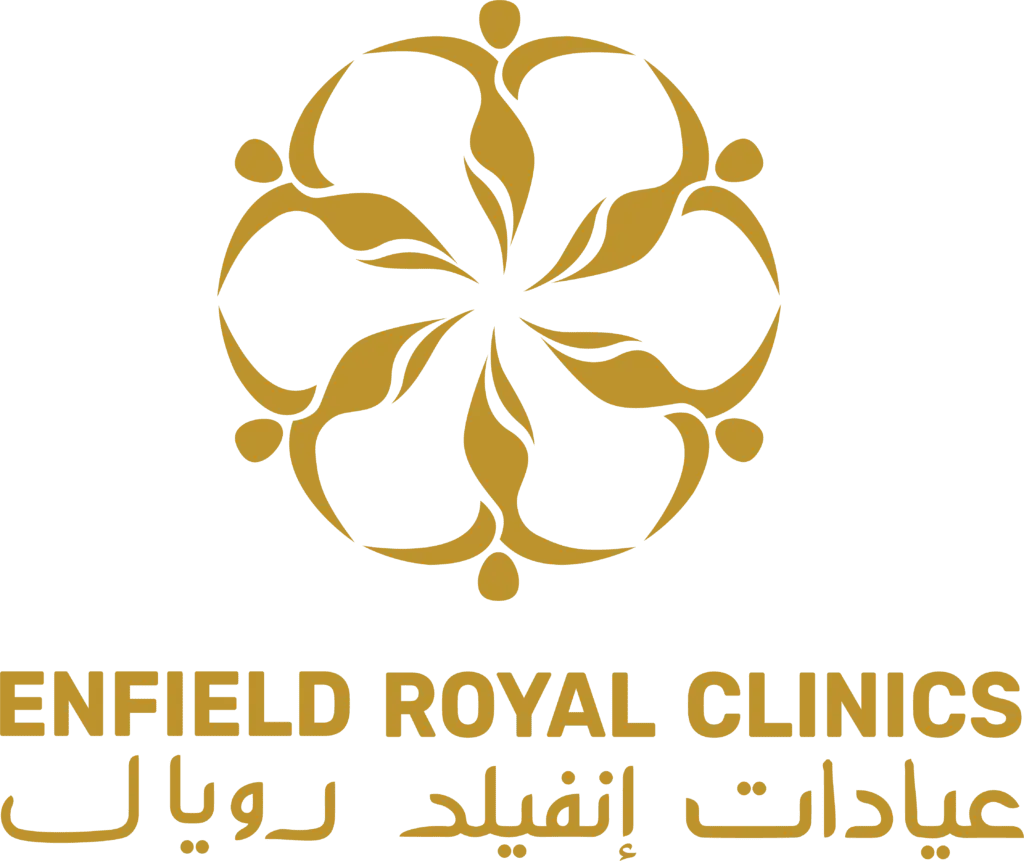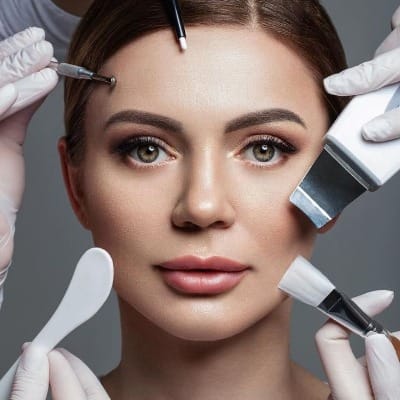Septoplasty in Islamabad is extremely normal these days and is a nuisance not only to the individual but, to your partners as well. Although many causes involve snoring a deviated septum is usually a major cause in most cases. Septectomy is a surgery in Islamabad that takes on the nasal septum normally and assists those who snore during sleep. But the main question is will septoplasty reduce snoring and improve sleep?
In this blog, we will focus on how septectomy works to alleviate snoring and improve sleep.
What is the Septum and Deviated Septum
The nasal septum, which is made of cartilage and bone, separates the nasal cavity into two parts. Ideally, these two openings should be equal, with the septum in the center. However, in many people, the septum is slightly off-center, leaning to the left or right
Causes of Snoring
If the septum is deviated, it blocks air passage through the nasal area. This obstruction can tilt in the throat, lower part of the tongue, and soft palate during sleep leading to snoring.
The Role of Nasal Septum Surgery
The surgeon can perform septoplasty to correct a deviated septum. It is a surgical intervention. The purpose of this surgery is to facilitate better passage of air inside the nasal facilitate breath and help in the treatment of conditions like snoring.
During the operation, the surgeon chooses to incise the internal structures of the nose, trim or reconstruct the most appropriate parts of the septum, and then align it in the middle line.
Expected Recommendations of Septoplasty
Improved Nasal Airflow: septectomy is also performed to improve the amount of air that flows through the nasal passageway. Correcting the deviation helps the patient get considerable improvement in nasal obstruction.
Reduced Snoring: Most of the patients who benefit from improved airflow have reduced snoring. This surgical procedure can carried out to reduce the overall vibrations that lead to snoring and subsequently disturb the night’s peace.
Better Sleep Quality: Better breathing is equal to better oxygenation during sleep which boosts the quality of the sleep.
Decreased Daytime Fatigue: Most people with sleep disorders caused by snoring and nasal congestion will wake up tired and lethargic during the day.
Who can consider Septoplasty?
Septectomy may be an appropriate option for people who:
- For patients with a minor deviated septum that hinders nasal breathing, this will be of great help.
- People who snore regularly.
- Appropriate for people having sinus infections and other nasal problems due to septal deviation.
Recovery After Septoplasty
- Septoplasty recovery generally requires a few days.
- Some patients may experience some swelling, bruising, and pain.
- After surgery, patients are advised to avoid using their arms for rigorous activity or lifting things for a few weeks.
- Long-term benefits include improved breathing, better sleep, and reduced snoring.
Final Thoughts:
Septoplasty can provide relief for those patients who snore and have sleep disruption as a result of a deviated septum. Thus, it corrects the exercise of nasal resistance by eliminating snoring but also, improves night sleep. For those thinking that septectomy is the answer to all their woes. They can visit Enfield Royal Clinics and have a consultation with one of our best plastic surgeons Dr Hasnain Khan. Proper treatment will lead to a decrease in noise during sleep that will in turn help you and your close ones.
Can septoplasty reduce snoring?
Yes, if we correct the deviated septum it can help reduce snoring.
Is septoplasty effective for all snorers?
Snoring is not only caused by a deviated septum; its effectiveness also depends on the cause of the snoring.
What are the potential benefits of septoplasty besides reducing snoring?
IN start reducing snoring, septoplasty can relieve nasal congestion and improve overall nasal function.
What is the recovery time after septoplasty?
Most patients experience a recovery period of about one to two weeks
Are there risks associated with septoplasty?
Like any other surgery, septoplasty carries risks, including bleeding, infection, and changes in nasal sensation.
Is septoplasty covered by insurance?
Many insurance plans cover septoplasty if deemed medically necessary; check with your provider for details.






Leave a Reply